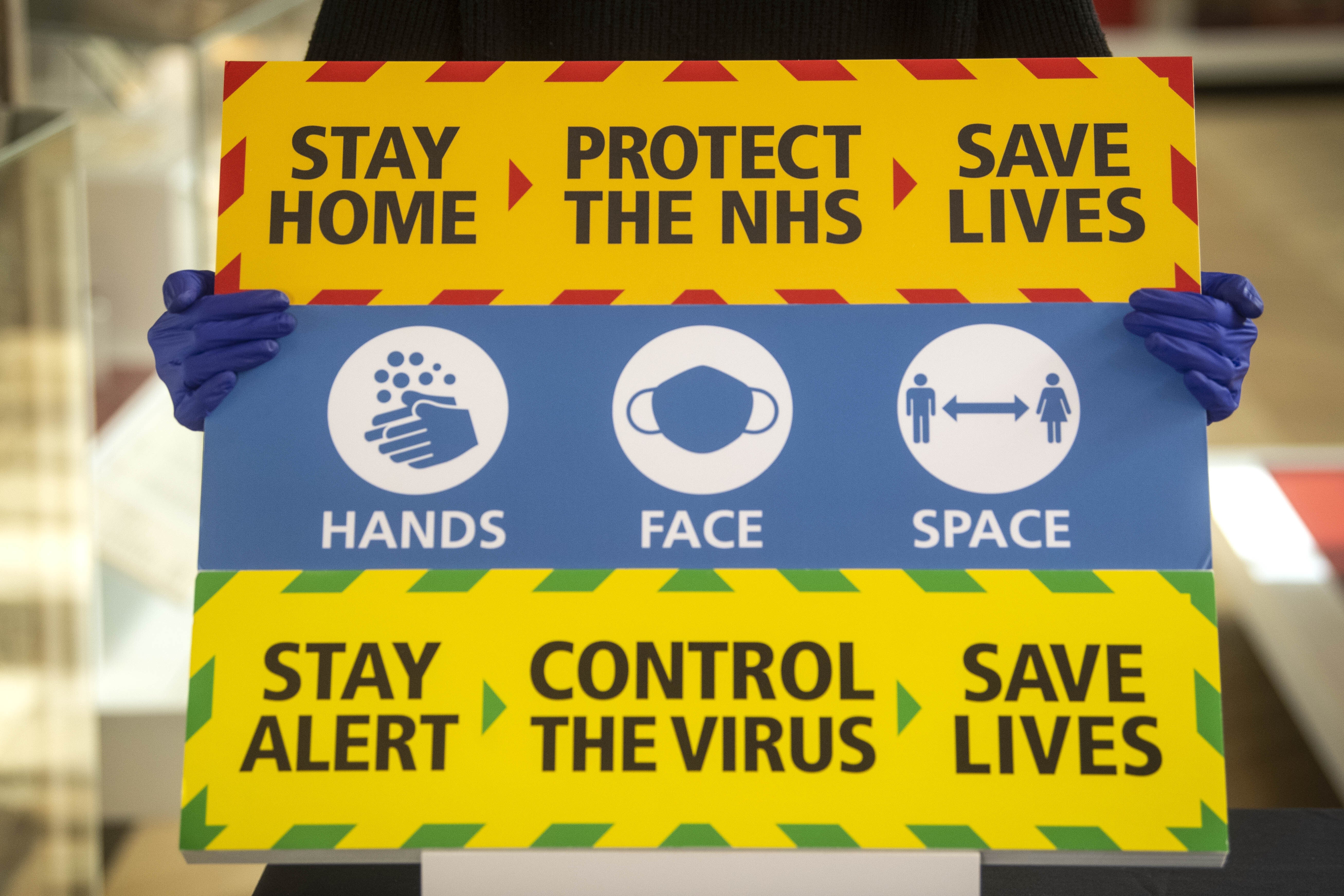UK was unprepared for communication challenges that came with Covid, MSPs told
The Covid-19 Recovery Committee at Holyrood heard from a number of experts on Thursday.

Your support helps us to tell the story
This election is still a dead heat, according to most polls. In a fight with such wafer-thin margins, we need reporters on the ground talking to the people Trump and Harris are courting. Your support allows us to keep sending journalists to the story.
The Independent is trusted by 27 million Americans from across the entire political spectrum every month. Unlike many other quality news outlets, we choose not to lock you out of our reporting and analysis with paywalls. But quality journalism must still be paid for.
Help us keep bring these critical stories to light. Your support makes all the difference.
The UK was unprepared for the communication challenges brought by coronavirus, MSPs have been told.
A Holyrood committee is investigating what can be done to tackle misinformation and disinformation and the challenges in communicating government health messages.
The Covid-19 Recovery Committee heard from a number of experts on Thursday.
Will Moy, chief executive of the fact-checking charity Full Fact, said: “The first thing to say about the pandemic is it was number one on the UK national risk register, everybody who thought about this knew it was going to happen and yet we were unprepared for the communication challenge that came with it.
“In retrospect I really regret Full Fact’s small part in that.”
Such a crisis needed a response from government, the media, internet companies and civil society, he said.
He said his organisation is working on a framework for dealing with “information incidents”, and he encouraged the Scottish Government to look at it.
Fragmented audiences on social media create opportunities for confusion and misinformation, he said.
Mr Moy said his organisation is the UK’s independent fact-checking service but he feels there should be a service for Scotland specifically.
He said: “I am hugely disappointed that I cannot come here and talk to you about specific examples from Scotland, how the Scottish institutions performed and so on.
“Although some of our staff are based in Scotland, the value of having a Full Fact Scotland which would be based in Scotland, dealing with the Scottish Parliament, Scottish Government, Scottish institutions and players, is something we really believe in and have explored with funders before.”
Fact-checkers are “first responders” to misinformation, he said.
Tracey Brown, of the charity Sense about Science, said the pandemic led to “astonishing” numbers of people accessing the Government’s Covid dashboard.
However she said people were not “spontaneously” finding their way to information, saying: “I’m not sure what architecture there needs to be in place but clearly gov.uk needs a huge revamp.
“Because people – for example Sage (Government scientific advisers) and others – have commented to us, as many before them, that they were suddenly struck with this problem of needing to share an awful lot of information in the here and now.
“Gov.uk is not set up to do that.”
She said the data dashboard and the Office for National Statistics were two success stories which should be learned from.
Ms Brown spoke about the tension between “authoritarian” and “authoritive” approaches to communicating information from government.
There was less “sidelining” of expertise in Scotland compared to the UK Government, she said.
The “hands, face space” message was in place for months despite Sage advising a change, she said.
Callum Hood, of the Centre for Countering Digital Hate, said it was “striking” how often online searches produced results showing disinformation rather than reliable facts on coronavirus.
He said social media companies did a bad job of taking down misinformation about the virus and pressure was needed from government on this.
Mr Hood said his organisation had audited how much coronavirus or vaccine misinformation social media companies were taking down when it was reported to them.
He said: “The last time we audited this they failed to act on 88% of them.”
Subscribe to Independent Premium to bookmark this article
Want to bookmark your favourite articles and stories to read or reference later? Start your Independent Premium subscription today.